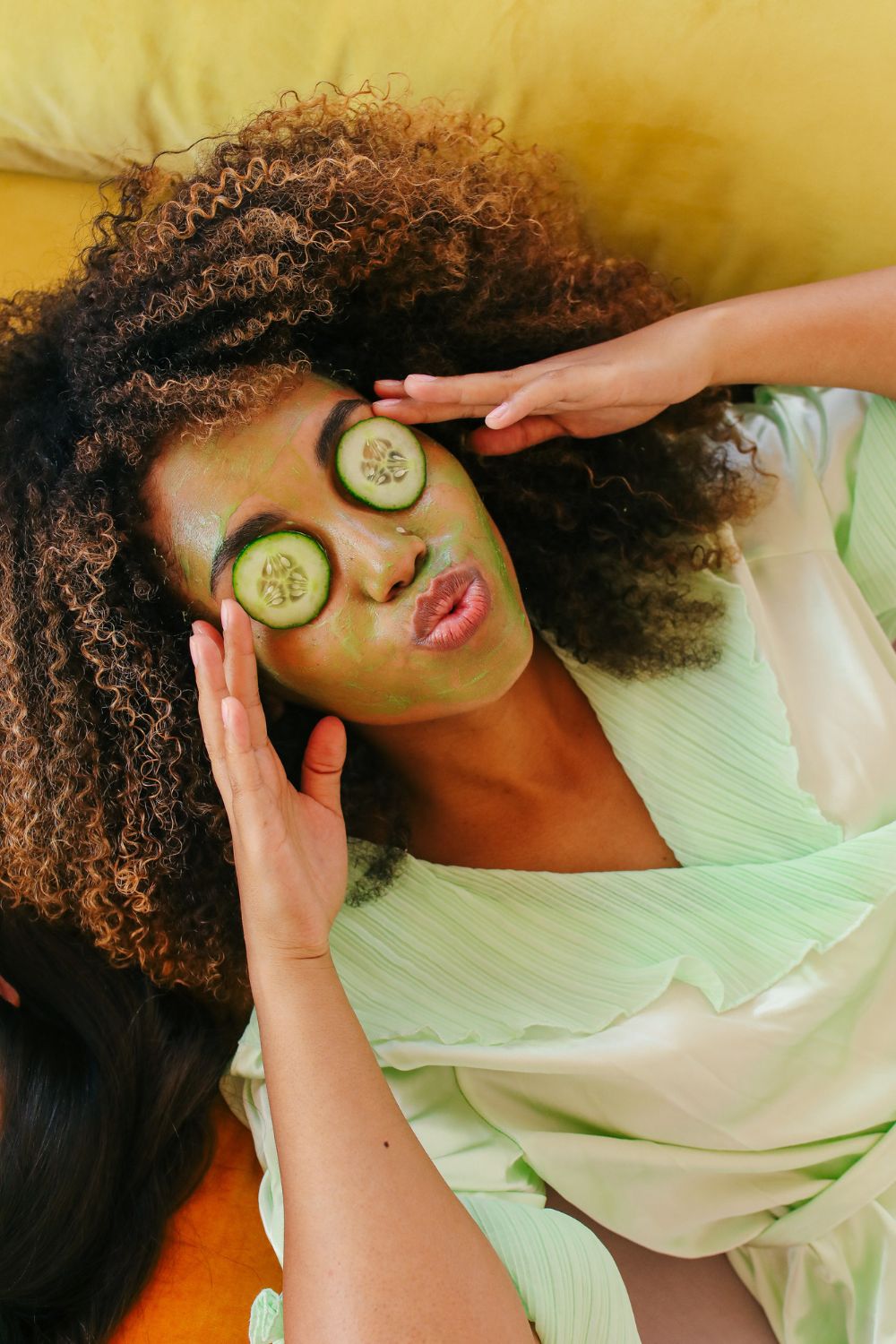Are you battling dark circles under your eyes? Here are some tips on Decoding Dark Circles: Causes, Prevention, And Effective Treatments

Decoding Dark Circles: Causes, Prevention, And Effective Treatments
Dark circles under the eyes are a common concern for many individuals. These unsightly discolorations can make a person appear tired, stressed, and older than they are.
If you’re struggling with dark circles, you’re not alone. In Singapore, where the fast-paced lifestyle and long working hours can take a toll on one’s appearance, seeking effective solutions like eyebag treatment Singapore has become increasingly popular. In this comprehensive guide, we’ll delve into the underlying causes of dark circles, preventive measures, and various treatment options.
Causes
Understanding the root causes of dark circles is crucial in addressing the issue effectively. Here are some of the most common factors that contribute to their appearance:
- Genetics: Family history plays a significant role in predisposing individuals to dark circles. If your parents or grandparents have dark circles, you are also more likely to develop them.
- Thin Skin: The skin under the eyes is thinner than other areas of the face, making it more susceptible to discoloration and increasing the visibility of underlying blood vessels.
- Fatigue And Lack Of Sleep: Insufficient sleep or poor sleeping habits can cause blood to pool under the eyes, causing the eyes to appear darker.
- Aging: As we age, the skin experiences a decline in collagen production and elasticity, leading to skin thinning and increased visibility of blood vessels, which contributes to the appearance of dark circles.
- Allergies And Nasal Congestion: Seasonal allergies or chronic nasal congestion can dilate blood vessels, leading to dark circles due to increased blood flow to the area. Allergies can also trigger inflammation and fluid retention, leading to puffiness and discoloration.
- Dehydration: Dehydration can contribute to the formation of dark circles by causing the skin around the eyes to appear dull and hollow. When the body lacks sufficient fluids, the delicate under-eye area may appear hollow, emphasizing the shadows and discoloration that create the appearance of dark circles.
- Sun Exposure: Prolonged exposure to the sun’s harmful UV rays can contribute to forming dark circles under the eyes. The delicate skin in this area is particularly vulnerable to sun damage.
Prevention Strategies
While dark circles may be difficult to eliminate, adopting certain lifestyle habits can help minimize their appearance and prevent them from worsening.
- Maintain a consistent sleep schedule.
- Stay hydrated.
- Manage stress levels.
- Incorporate a balanced diet rich in vitamins and minerals.
- Quit smoking.
- Limit alcohol consumption.
- Practice good skincare routines.
- Protect your eyes from sun exposure.
Effective Treatments
When preventive measures are insufficient, various treatment options can help combat dark circles and restore a more youthful, refreshed appearance.
Topical Treatments
- Eye creams and serums containing vitamin K, retinol, caffeine, and antioxidants can help improve circulation and reduce discoloration.
- Concealing makeup products can temporarily mask dark circles.
Professional Treatments
- Chemical peels: These treatments exfoliate the skin, promoting cell turnover and improving the appearance of dark circles.
- Laser treatments: Intense pulsed light (IPL) and other laser therapies can target pigmentation issues and stimulate collagen production.
- Fillers: Dermal fillers can be injected under the eyes to add volume and reduce the appearance of hollowness.
Natural Remedies
- Cold compresses: Applying chilled cucumber slices, tea bags, or cold spoons to the eye area can help constrict blood vessels and reduce puffiness.
- Tea tree oil: Known for its anti-inflammatory properties, tea tree oil can be gently applied around the eyes to alleviate discoloration.
- Almond oil: Rich in vitamin E, almond oil can nourish and hydrate the delicate skin around the eyes.
Seeking Professional Help
While some home remedies and over-the-counter products can provide temporary relief, severe or persistent dark circles may require the expertise of a dermatologist or aesthetic professional. They possess the expertise to identify the root cause and propose a personalized treatment plan that best suits your requirements.
Addressing Dark Circles From Within
In addition to topical treatments and professional procedures, addressing dark circles from within can be beneficial. Incorporating a diet rich in vitamins and minerals can help improve circulation and promote healthy skin. Healthcare professionals may also recommend supplements for individuals with nutrient deficiencies.
Key Takeaways
- Genetic factors, aging, sleep deprivation, and lifestyle habits can cause dark circles under the eyes.
- Preventive measures—such as maintaining a healthy sleep schedule, staying hydrated, and practicing good skincare routines—can help minimize the appearance of dark circles.
- Effective treatments range from topical creams and serums to professional treatments like chemical peels, laser therapies, and dermal fillers.
- Natural remedies—such as cold compresses, tea tree oil, and almond oil—can provide additional relief and nourishment for the delicate eye area.
- Seeking professional advice from a dermatologist or aesthetic expert is recommended to determine the best course of action for severe or persistent dark circles.
- Addressing dark circles from within through a nutrient-rich diet and supplements can complement external treatments for optimal results.
Remember, addressing dark circles requires a multi-pronged approach combining preventive measures, targeted treatments, and a commitment to maintaining a healthy lifestyle. You can achieve a more refreshed and youthful appearance with patience and consistency.

Leave A Reply!